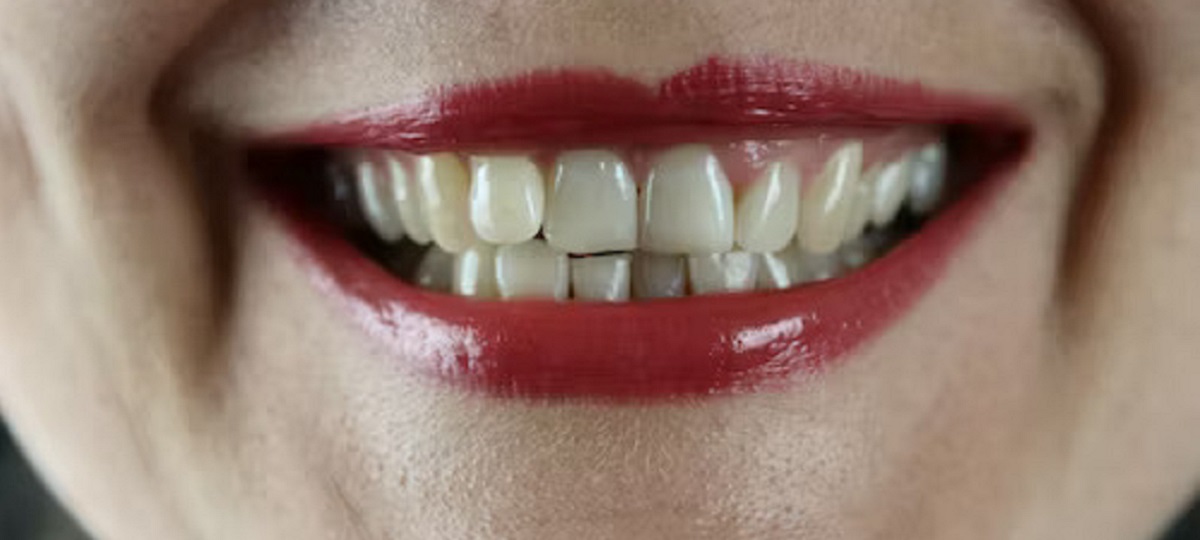Are you sick of waking up every morning with a parched, dry mouth? It’s not just you. This painful and frequently annoying ailment affects a lot of people. We have the answers you need to put an end to those dry mouth blues, so don’t worry. This thorough article will explain the reasons of dry mouth and provide you useful advice so that you can wake up feeling hydrated and rejuvenated.
Understanding the Causes of Dry Mouth
Understanding the potential causes of your dry mouth is crucial before we go on to the treatments. There are several potential causes for this syndrome, including:
- Medications: Certain medications, such as antihistamines, antidepressants, and blood pressure drugs, can lead to dry mouth as a side effect. If you suspect your medication might be the culprit, consult your healthcare provider for alternative options.
- Dehydration: Inadequate water intake can leave you dehydrated, causing dry mouth. To keep adequately hydrated during the day, make sure you’re drinking enough water.
- Mouth Breathing: If you habitually breathe through your mouth while sleeping, it can lead to dry mouth. This can be caused by allergies, nasal congestion, or even a deviated septum.
- Smoking and Alcohol: Dry mouth can be a result of both smoking and binge drinking. Reducing or eliminating these habits can help alleviate the symptoms.
Tips to Prevent Dry Mouth
After identifying some typical reasons, let’s look at practical ways to avoid waking up with a dry mouth.
Hydration is Key: Ensure you drink an adequate amount of water throughout the day. Dehydration is a common cause of dry mouth, so staying hydrated is crucial. Aim for at least eight glasses of water daily to keep your body and mouth properly hydrated.
Humidify Your Bedroom: Use a humidifier in your bedroom to add moisture to the air. Dry indoor air can contribute to dry mouth, especially during sleep when you might breathe through your mouth. A humidifier can make it easier to breathe through your nose, reducing the likelihood of waking up with a dry mouth.
Avoid Tobacco and Excessive Alcohol: If you’re a smoker or indulge in excessive alcohol consumption, consider quitting or cutting back. Both smoking and alcohol can contribute to dry mouth, and reducing or eliminating these habits not only benefits your oral health but your overall well-being as well.
Consult Your Dentist: Regular dental examinations are crucial. Your dentist can spot oral health problems that might be causing your dry mouth and suggest the best courses of action. They can also offer advice on how to practice proper dental hygiene to avoid issues connected to dry mouth.
Sugarless Gum or Candy: Chewing sugarless gum or sucking on sugarless candy can stimulate saliva production. Saliva helps keep your mouth moist and aids in the digestion of food. Look for products sweetened with xylitol, as it has additional dental benefits.
Home Remedies for Dry Mouth
In addition to the preventive measures mentioned above, there are several home remedies you can try to combat dry mouth:
Oil Pulling: Oil pulling is an ancient practice that involves swishing a tablespoon of coconut or sesame oil in your mouth for 15-20 minutes before spitting it out. This technique can help improve oral health and combat dry mouth. The oil helps to moisturize the tissues in your mouth and stimulate saliva production.
Stay Salty: Another simple home remedy is to rinse your mouth with a saltwater solution before bedtime. Use a glass of warm water and half a teaspoon of salt as mouthwash. The saltwater can help soothe dry tissues and provide temporary relief from dry mouth symptoms.
Breathe Through Your Nose: Practice nose breathing during the day and encourage nighttime nose breathing. Breathing through your nose helps keep the mouth naturally moist as it reduces evaporation of saliva. Nasal breathing also filters and humidifies the air you breathe, which can be particularly helpful during sleep.
Sugar-Free Products: When selecting oral care products, opt for sugar-free mouthwashes and toothpaste. Some commercial mouthwashes and toothpaste contain alcohol and strong chemicals that can contribute to dry mouth. Choosing sugar-free options can help maintain oral moisture without exacerbating the condition.
These home remedies can be effective in managing dry mouth symptoms. However, if you continue to experience persistent dry mouth despite trying these remedies, it’s essential to consult with a healthcare professional or dentist to rule out any underlying medical conditions and explore further treatment options.
Conclusion
Waking up with a dry mouth can be uncomfortable and disruptive to your sleep. However, by understanding the causes and implementing these tips and home remedies, you can take control of your oral health and wake up feeling refreshed and hydrated.
